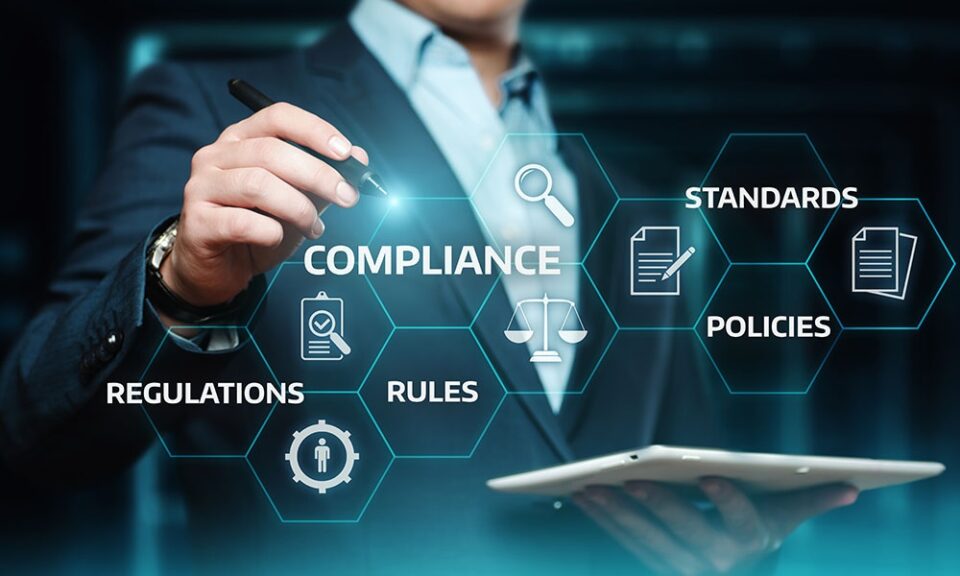In an increasingly globalized business environment, adapting to international legal and compliance standards has become a critical aspect for companies seeking to expand their operations across borders. This challenge is particularly pertinent for industries such as financial services, healthcare, tech/software, and telecommunications, where regulatory landscapes can vary significantly from one country to another. For businesses, especially those involved in global commerce, navigating these complex legal terrains is not just about avoiding penalties but also about building trust, maintaining a good reputation, and ensuring sustainable growth.
Understanding the Complexity of International Compliance
International legal and compliance standards encompass a wide range of regulations, including data protection laws, anti-money laundering directives, export controls, and consumer protection laws. Each country has its unique set of rules and regulations, which can change frequently and without notice. This complexity presents a significant challenge for businesses, particularly for those in sectors like legal, education, and non-profit organizations, where resources for compliance may be limited.
The Impact of Non-Compliance
The consequences of non-compliance can be severe, ranging from hefty fines and legal sanctions to reputational damage and loss of customer trust. In industries like healthcare and financial services, where customer data is sensitive, breaches of compliance can have far-reaching implications. Therefore, it is crucial for businesses to have a comprehensive understanding of the legal requirements in each market they operate in and to ensure that their practices are in line with these regulations.
Integrating Compliance into Business Strategy
Integrating compliance into the overall business strategy is essential. This integration means that compliance is not an afterthought but a key consideration in every business decision. For instance, in the realm of global ecommerce, understanding and adhering to international trade laws and e-commerce regulations is crucial. This approach requires a proactive stance, where businesses anticipate changes in legal standards and adapt their operations accordingly.
Leveraging Technology for Compliance Management
One of the most effective ways to manage compliance across multiple jurisdictions is through the use of technology. Advanced CRM systems and compliance management tools can help businesses track and manage their compliance requirements more efficiently. These tools can automate many aspects of compliance, such as monitoring changes in legislation, managing customer data according to privacy laws, and ensuring that marketing and sales practices adhere to consumer protection standards.
The Role of Data Protection and Privacy
In the digital age, data protection and privacy have become central to international compliance. Regulations like the GDPR in Europe have set new standards for how businesses should handle personal data. Adapting to these regulations requires a thorough understanding of data flows within the organization and robust data management practices. This is particularly important for sectors like tech/software and telecommunications, where the volume of data handled can be immense.
Training and Support for Compliance
Ensuring that all employees understand the importance of compliance and are trained to adhere to international standards is crucial. This training involves regular education on legal requirements and the development of a compliance-conscious culture within the organization. In industries like education and the public sector, where regulations can be particularly stringent, ongoing training and support are essential for maintaining compliance.
Building Partnerships for Compliance
Building partnerships with local legal and compliance experts can also be a valuable strategy for businesses expanding into new markets. These experts can provide insights into local regulations and help navigate the legal landscape more effectively. In industries like manufacturing and energy/utilities, where regulations can be highly technical, such partnerships can be particularly beneficial.
Navigating Industry-Specific Regulations
In addition to general international legal standards, many industries face their own set of specific regulatory challenges. For instance, the healthcare sector must comply with a myriad of regulations concerning patient data and medical practices, which can vary greatly from one country to another. Similarly, the financial services industry is subject to complex regulations regarding financial reporting, anti-money laundering (AML) practices, and customer due diligence. Adapting to these industry-specific regulations requires not only a deep understanding of the legal landscape but also an awareness of the nuances and specificities of each sector. Businesses must stay abreast of industry trends and regulatory changes, which can often be achieved through active participation in industry associations and forums, where they can share knowledge and best practices with peers.
Collaborative Compliance Efforts
Another effective strategy in managing international compliance is fostering collaborative efforts within the organization. Compliance should not be the sole responsibility of a legal or compliance department; instead, it should be a collaborative effort involving multiple departments, including IT, human resources, marketing, and operations. This collaborative approach ensures that compliance considerations are integrated into all aspects of the business, from data management and IT security to employee training and customer interactions. In sectors like travel/hospitality and automotive, where customer interactions are frequent and diverse, a collaborative approach to compliance can help ensure that all customer touchpoints are in line with international standards, thereby safeguarding the business against potential legal risks.
Conclusion
Adapting to international legal and compliance standards is a complex but essential task for businesses operating in the global market. By integrating compliance into their business strategy, leveraging technology, focusing on data protection, providing training, and building local partnerships, companies can navigate these challenges effectively. This approach not only helps in avoiding legal pitfalls but also plays a crucial role in building a sustainable and reputable business in the international arena.

